Key Features Of Female Weightlifting
Author:
Unlock your full potential by engaging with our experts and community! Have questions about your fitness journey or looking for expert advice on weightlifting techniques? Don’t hesitate — leave a comment below and Sergii Putsov will provide a personalized answer and insights to help you reach your goals.
Torokhtiy is reader-supported. Some links are affiliate links, and we may earn a commission at no extra cost to you. See our disclosure page for details.
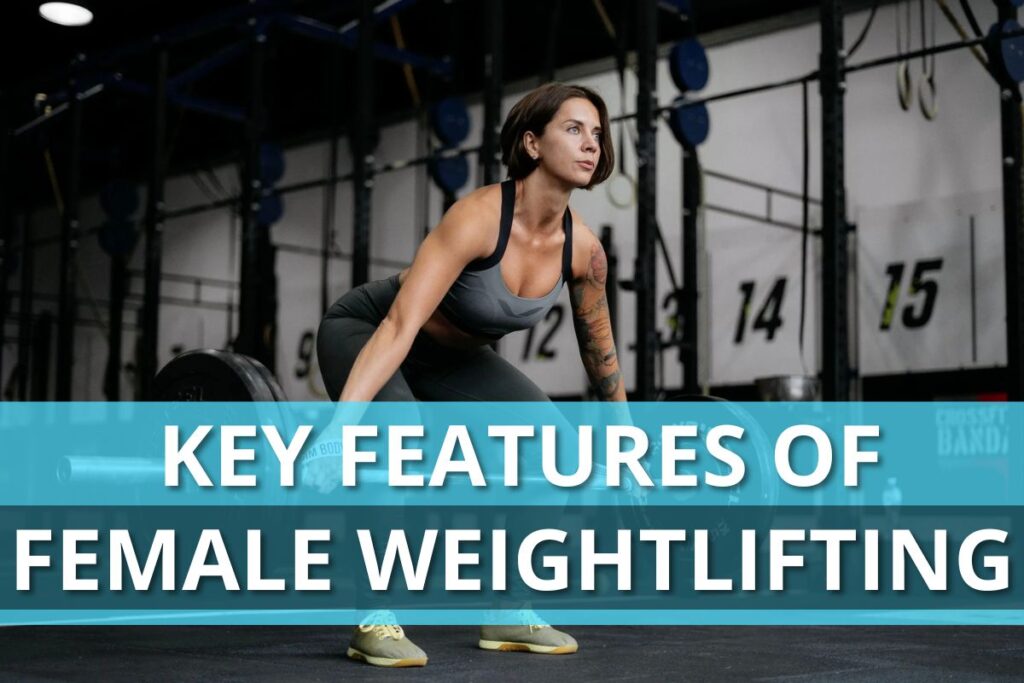
What’s important to keep in mind for a coach. Part 2.
Until recently, a girl with a barbell was generally considered a very extravagant phenomenon, and a ton of opinions could be heard. Women’s weightlifting has been a part of the Olympic Games since the year 2000, during which time this sport showed an incredible number of world records and has been successfully developing in more than 150 countries around the world. Functional training with all its media support has played a vital role in the increased popularity of Female Weightlifting, for which I am personally very grateful. Today it is safe to say that girls are not only able to DO weightlifting, but they should do it, as this becomes more and more popular.
What does the practice of modern women’s weightlifting tell us? At what age can you start training, what should be remembered and what difficulties could athletes and their coaches face?
Follow us!
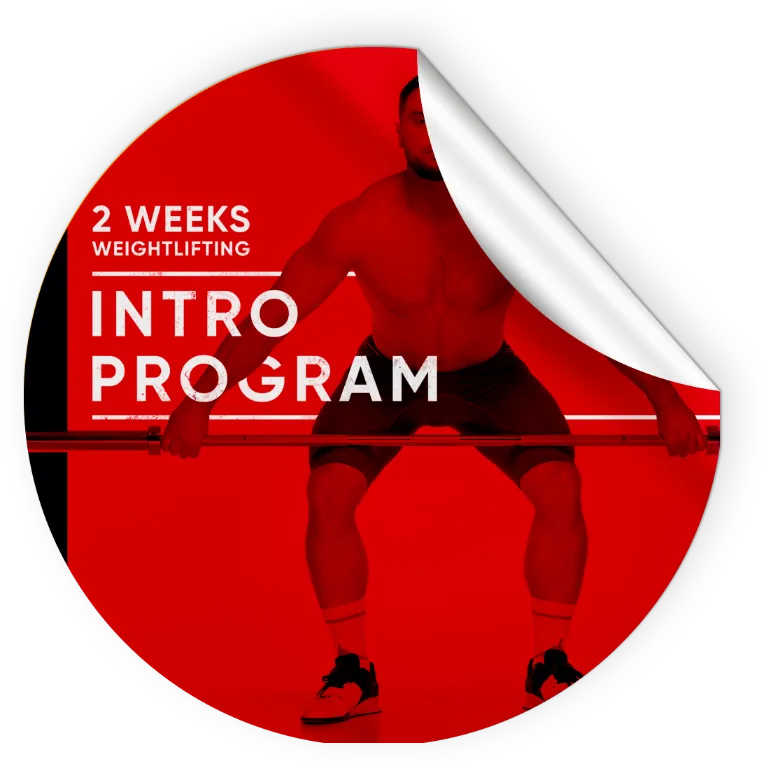
Free!
Get a 2-week Weightlifting Program as a bonus for the subscription to kickstart your training plan!

Free!
You may like it:
- Detailed Olympic Weightlifting Program For Beginners
- 12-Week Weightlifting Program For Women (Detailed Example)
- Create Your Olympic Weightlifting Program (Examples Included)
This article uses data from a number of scientific works of Ukrainian and Russian coaches and scientists.
The average age at which girls start to lift in the countries of the former Soviet Union is 10-11.5 years. The overwhelming majority of sportswomen say that weightlifting positively influenced the development of such personal traits as commitment and patience, and 28.6% indicated that during their training they developed such psychological qualities as aggression and rudeness.
About 60.7% of female weightlifters believe that sport does not affect their health, while 39.3% of female athletes noticed a positive impact on it.
Most girls (75%) start weightlifting before the menarche and 25% at the age associated with the onset of menstruation. The age of menarche is in the range of 12 to 14 years (12.7 + 0.2 years) and corresponds to the physiological norm for girls who are not involved in sports.
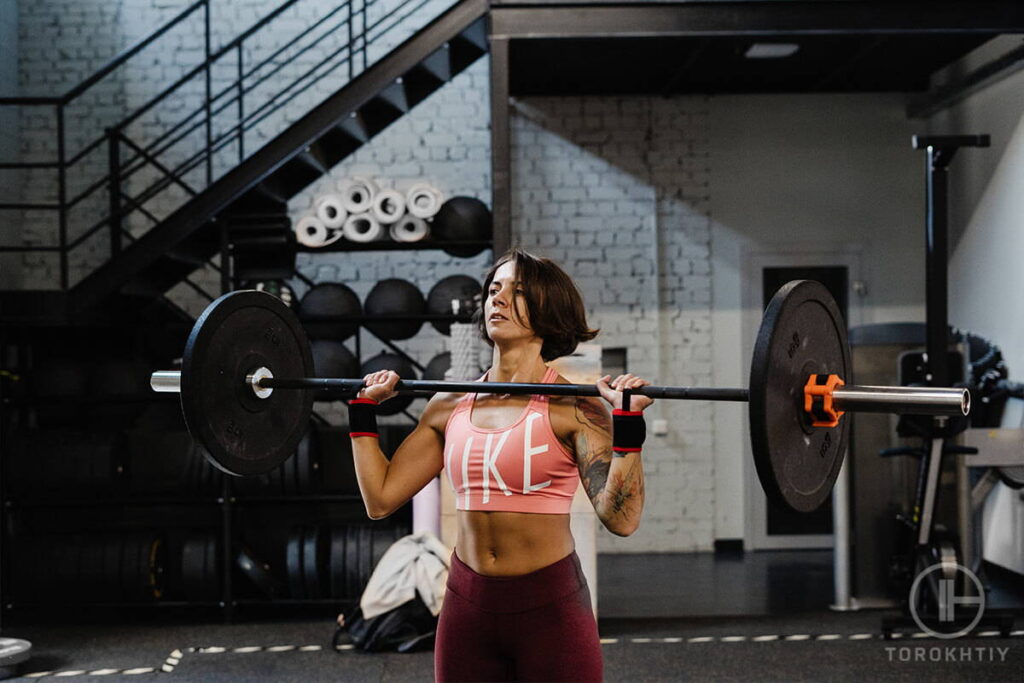
The number of athletes who have irregular menstruations is about 16.7%. All of them associate these disorders with heavy physical exertions in the period of intensive contest prep, after which the menstrual function is restored. 43.0% of all respondents indicate painful phenomena accompanying the premenstrual and menstrual phases, but only 23.6% of weightlifters train in phase I of the cycle with limitations.
Cyclic changes in performance and well-being manifesting in mood swings and pain are observed mainly with girls aged 16-17 years. This data is consistent with studies from the early 50s which say that athletes who regularly train gradually form a dynamic stereotype of everyday sports readiness and can achieve high athletic performance during all phases of the OMC, including the menstrual period.
Based on this, the most critical age for weight lifters is 16-17 years old. It is at this age that the training process should be built in accordance with individual physiological characteristics of the female athletes. With increased experience, due to formation of the stereotype of everyday sports readiness, the majority of sportswomen do not need to coordinate training loads with the OMC and this happens without health risks.
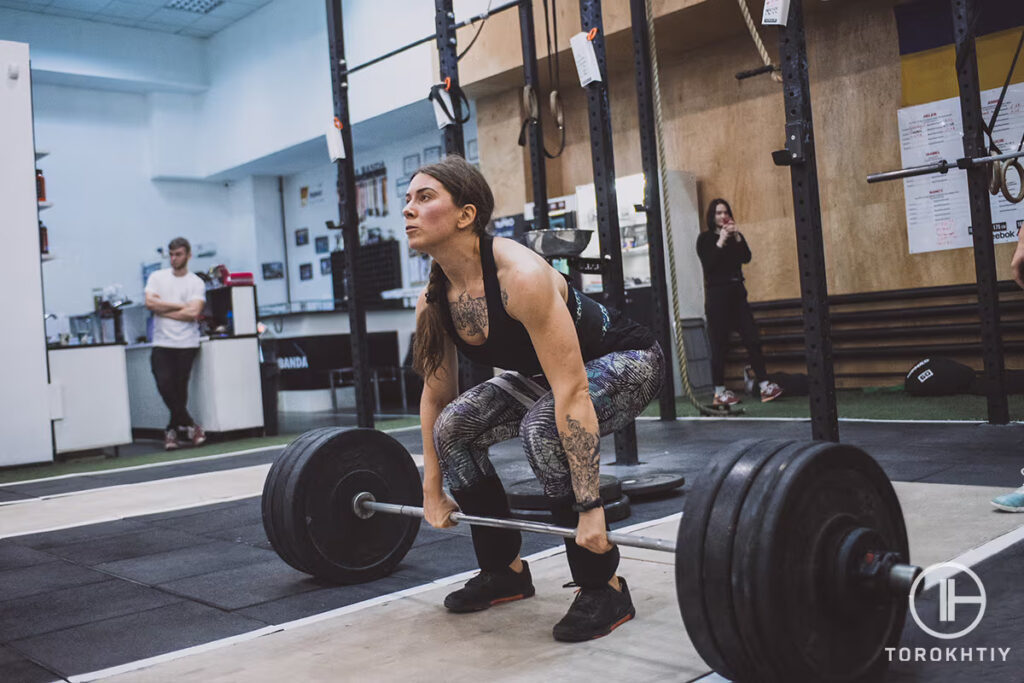
In addition, the beginning of doing sports also influences the characteristics of adaptation to intense physical exertion. Disorders of the menstrual cycle were observed in 35.7% of the interviewed weightlifters who started training in the prepubertal period, and in 50% of the athletes who started weightlifting in the adolescent and post pubertal periods. Thus, the most unfavorable age to start training sessions is 12-14 years and older, since the frequency of menstrual dysfunction in athletes who began intensive and systematic training sessions at this age is the most significant.
Paradoxically, many of the interviewed coaches for women’s weightlifting are not serious enough about the biological characteristics of the female body; they have little contact with their students and doctors concerning these matters. About 80% of coaches recognize having encountered specific difficulties in working with women. They describe the difficulties as mainly associated with the emotional and mental characteristics of weightlifting. Only a small group (21%) highlights the difficulties associated with the biological characteristics of the female body. 23% of coaches admit the exemption in participation in competition of weight lifters with health issues, but only 2% do it.
93% of coaches do not control the menstrual cycle, only 2% of coaches themselves keep records of the menstrual cycle of their students. Of course, this is not acceptable and is detrimental to both the process of training weightlifters and their health.
Given that more and more girls are beginning to get involved in weightlifting as an independent sport, as well as in functional training, coaches and athletes themselves need to be more attentive to the peculiarities of female physiology and the training process.
Train together – train right
You might be interested in:
Why Trust Us?
With over 20 years in Olympic weightlifting, strength training, nutrition coaching, and general fitness our team does its best to provide the audience with ultimate support and meet the needs and requirements of advanced athletes and professional lifters, as well as people who strive to open new opportunities and develop their physical capabilities with us.
By trusting the recommendations of our certified experts in coaching, nutrition, and sports training programming, as well as scientific consultants, and physiotherapists, we provide you with thorough, well-considered, and scientifically proven content. All the information given in the articles concerning workout programming, separate exercises, and athletic performance, in general, is based on verified data.
The product testing process is described in more detail here.
Author: Sergii Putsov
Head of Sport Science, PhD
Best Results: Snatch – 165 kg,
C&J – 200 kg
Sergii Putsov, Ph.D., is a former professional weightlifter and National team member, achieving multiple medals in the 94 kg weight category at national competitions. With a Master’s degree in “Olympic & Professional Sport Training” and a Sport Science Ph.D. from the International Olympic Academy, Greece, Sergii now leads as the Head of Sport Science. He specializes in designing training programs, writing insightful blog articles, providing live commentary at international weightlifting events, and conducting educational seminars worldwide alongside Olympic weightlifting expert Oleksiy Torokhtiy.



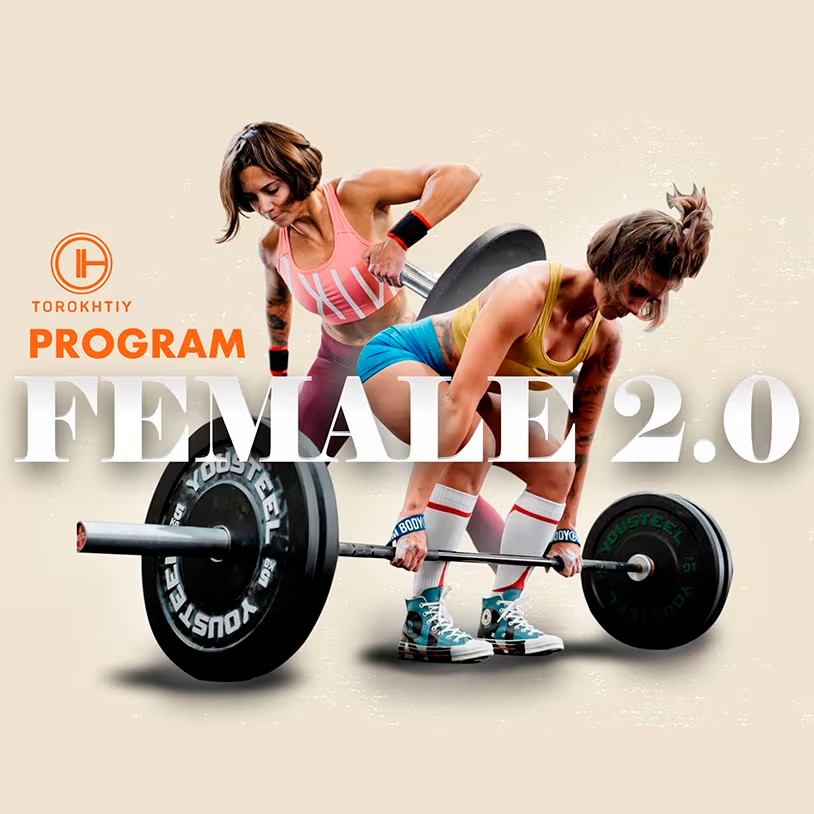
Still have questions after reading our article? Unlock your full potential by engaging with our experts and community! Don’t hesitate — leave a comment below and Sergii Putsov will provide a personalized answer and insights to help you reach your goals.